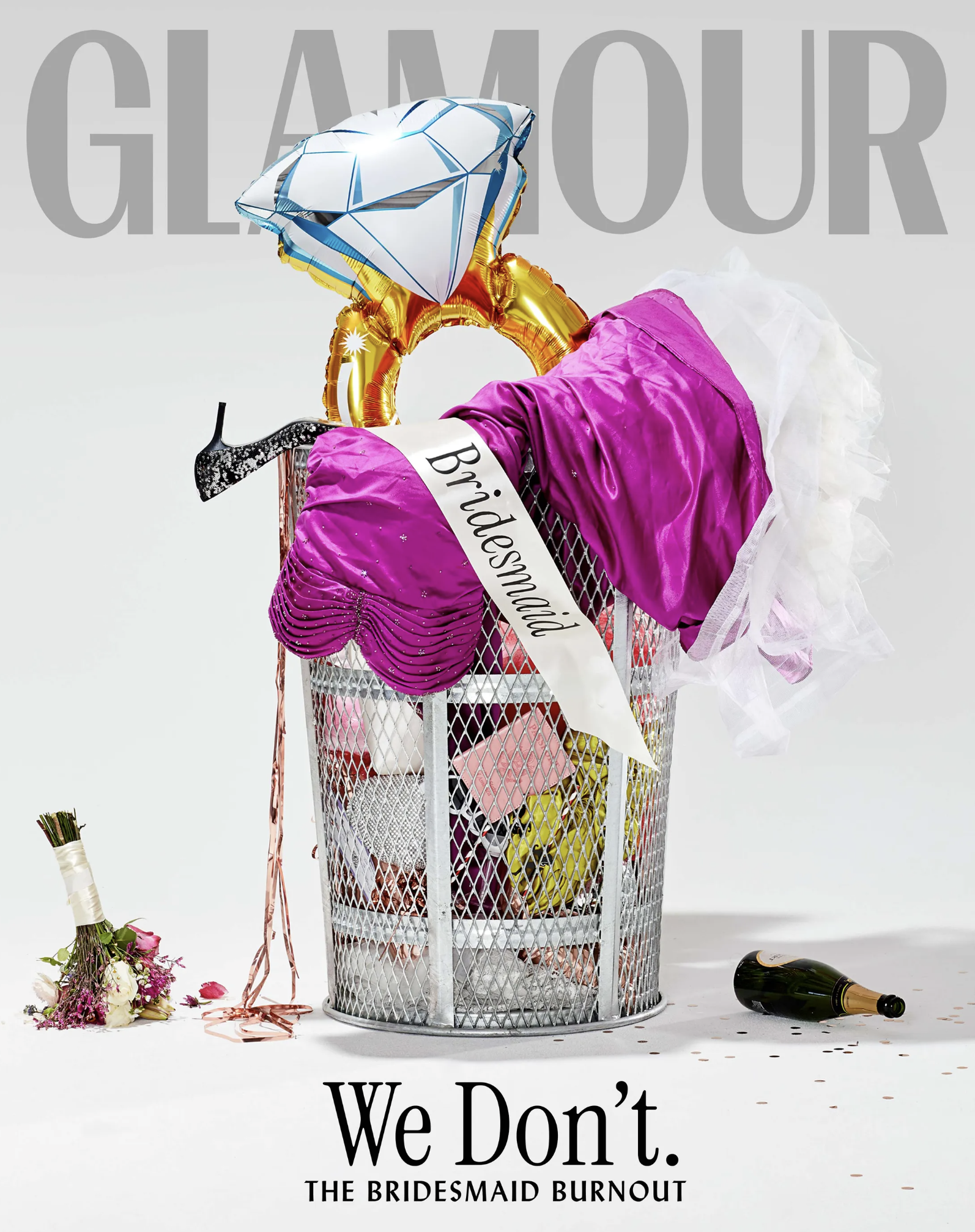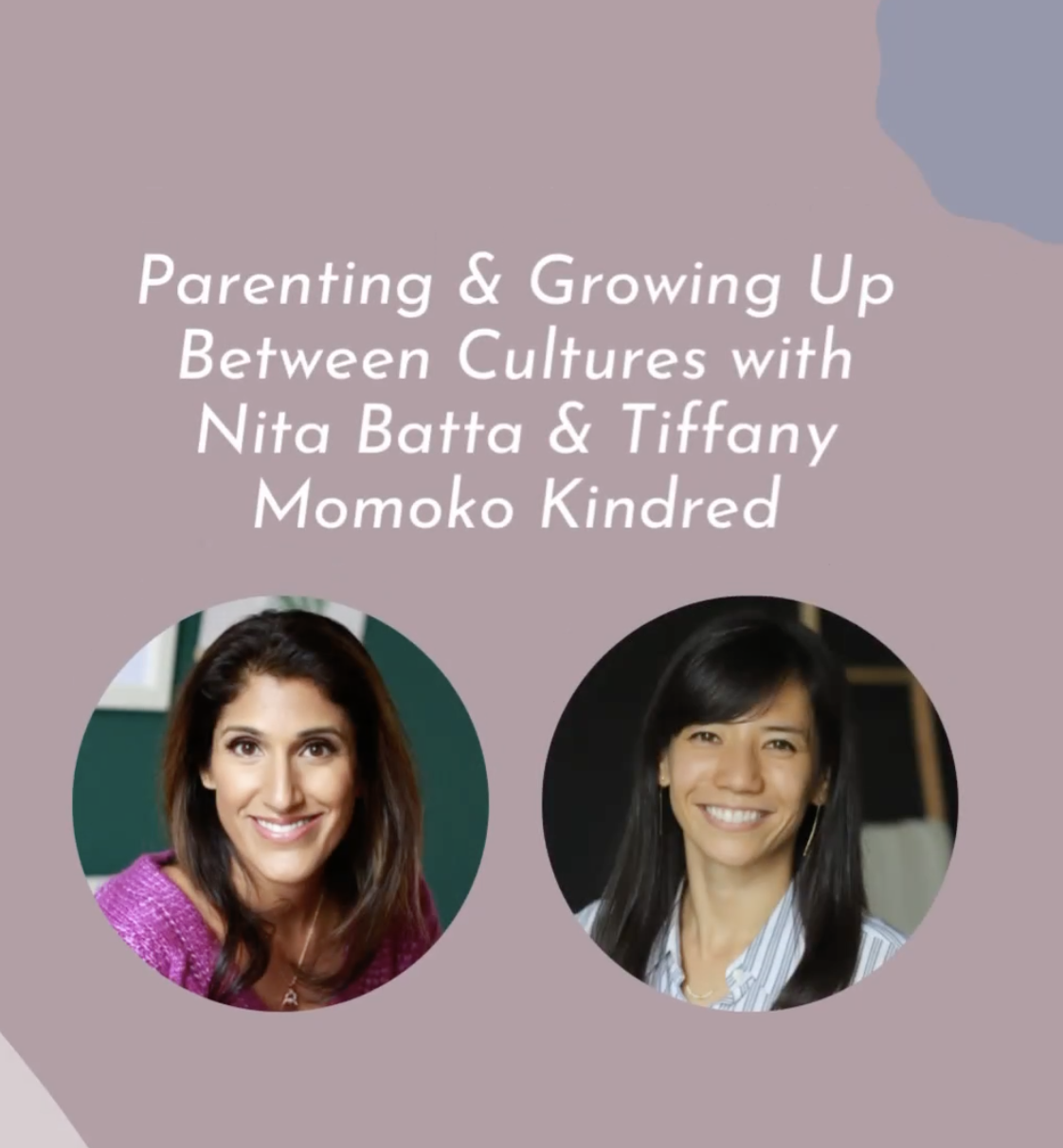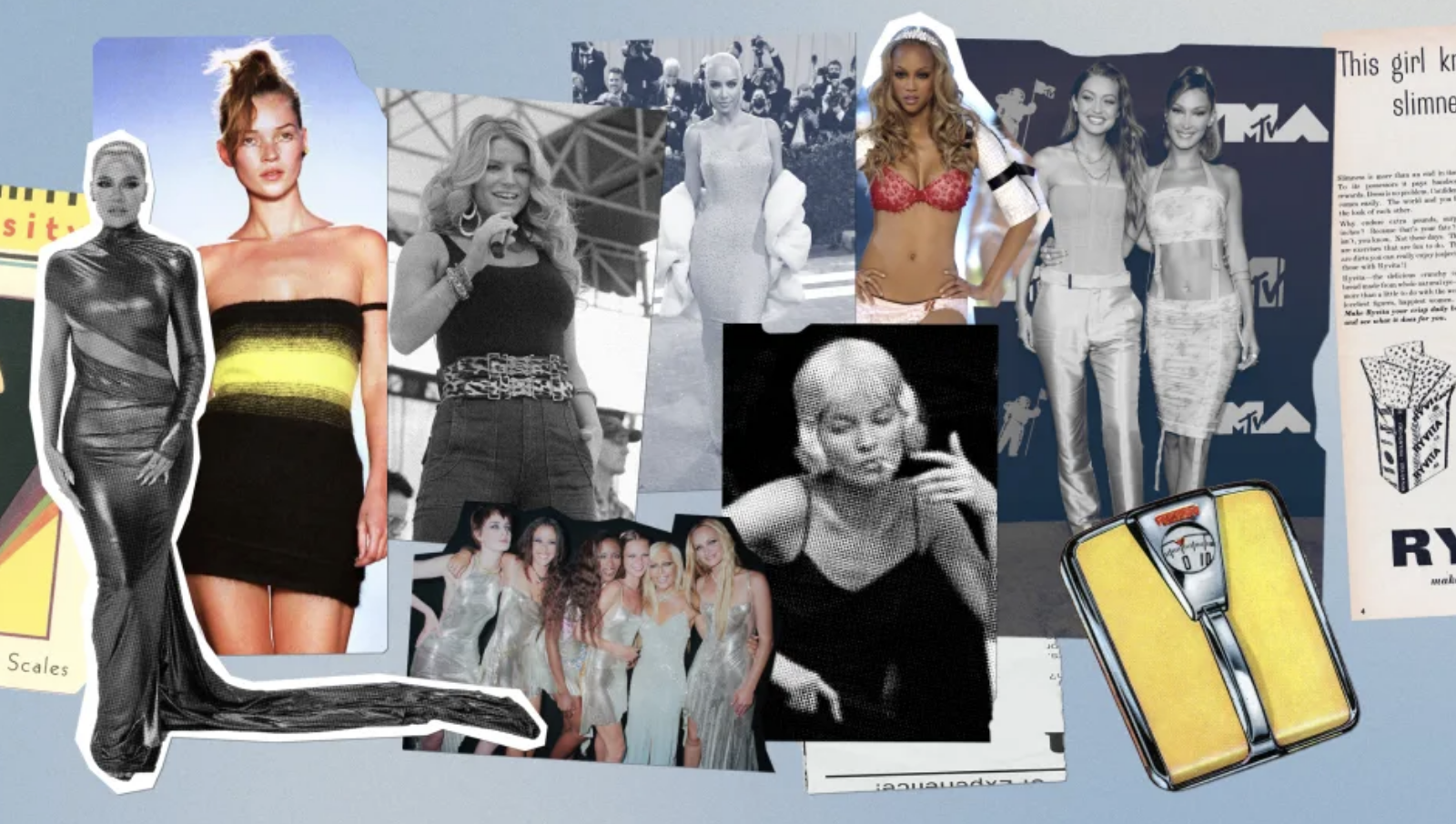The Disturbing Rise of TikTok's #BeautyScanner and Other "Attractiveness" Filters
Whether you've tried the trend or not, it's important to make the following crystal clear: these filters are randomized and have absolutely no real accuracy. (It should go without saying there is no singular face of beauty, though mainstream media has traditionally peddled a Eurocentric, thin, and heteronormative standard.)
While there are plenty of people on TikTok seem to realize this — many of them are playing around and not taking too much stock the algorithm's rating — the use of the filter has yet to cease. Regardless of any score, experts tell Allure that this filter is potentially more damaging than users might imagine.
"On the surface, these filters might seem benign; we may even get a quick chuckle out of them," explains Kara Lissy, a licensed clinical social worker based in New York City. "But in reality, filters like these can trigger a release of dopamine, because we are anticipating a possible reward from the information we get." This can become an unconscious habit, and over time we can continue to seek validation from outside sources.











